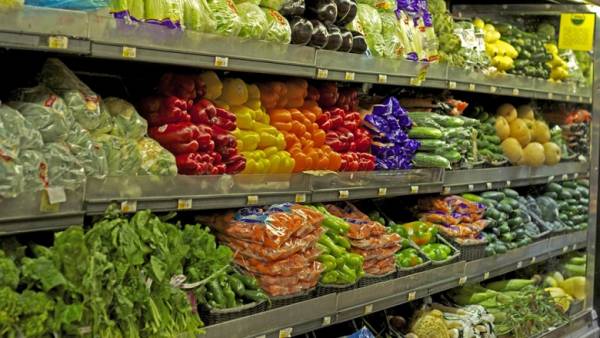Myths of Russian food. Why we love natural and we buy the “chemistry”?
National research center “Healthy nutrition” studied the main food of affection in Russia. We love to talk about love for natural food and don’t like industrial products. But what we eat in reality?

In General, we in the country try to adhere to the principle of naturalness in relation to dairy products. But in relation to sausage products, meat products and meat products we forget about it and are willing to buy industrial products that contain a large number of food additives. The same attitude we have to a pastry. And importantly, market innovations such sweet products are perceived in Russia is much better than, for example, innovations in the market of oil and fat products (fat basis although they are often the same). Let’s take a closer look at the national food myths, dispels their Professor Oleg Medvedev, head of the National research center “Healthy nutrition”:
Myth 1. Genetic memory products
This myth has two aspects. First, the widespread misconception about “genetic” memory for food. According to him, we can eat mostly those foods that are traditionally eaten in Russia. Usually rely on potatoes, tomatoes and cucumbers.
This is a mistake, because the potato appeared in the diet of Russian only 300 years ago, it was brought by Peter I. Pressing vegetable oil from sunflower seeds learned in Russia is only about 200 years ago, and tomatoes and cucumbers among the ancient inhabitants of our territories was not in principle.
So all the now traditional Russian products were not a couple of hundred years ago, and to consolidate the changes of the genetic memory we need much more time. We quickly settled with tea, coffee and other overseas products, without which can not imagine your diet.
The second aspect: is it possible to speak of a scientific theory of genetic memory for food? The modern idea of the diet is that the diet should be as diverse as possible in order to obtain all the necessary micronutrients while reducing overall calorie intake. It is important to consume a wide variety of products, such as, for example, Japanese do. In their diet, there are about 100 different foods a week. Therefore, the arrival on our market of vegetable milk, tropical oils and exotic fruits — a perfectly normal phenomenon. This is not a new trend, but well forgotten old, just the speed of these changes has increased dramatically.